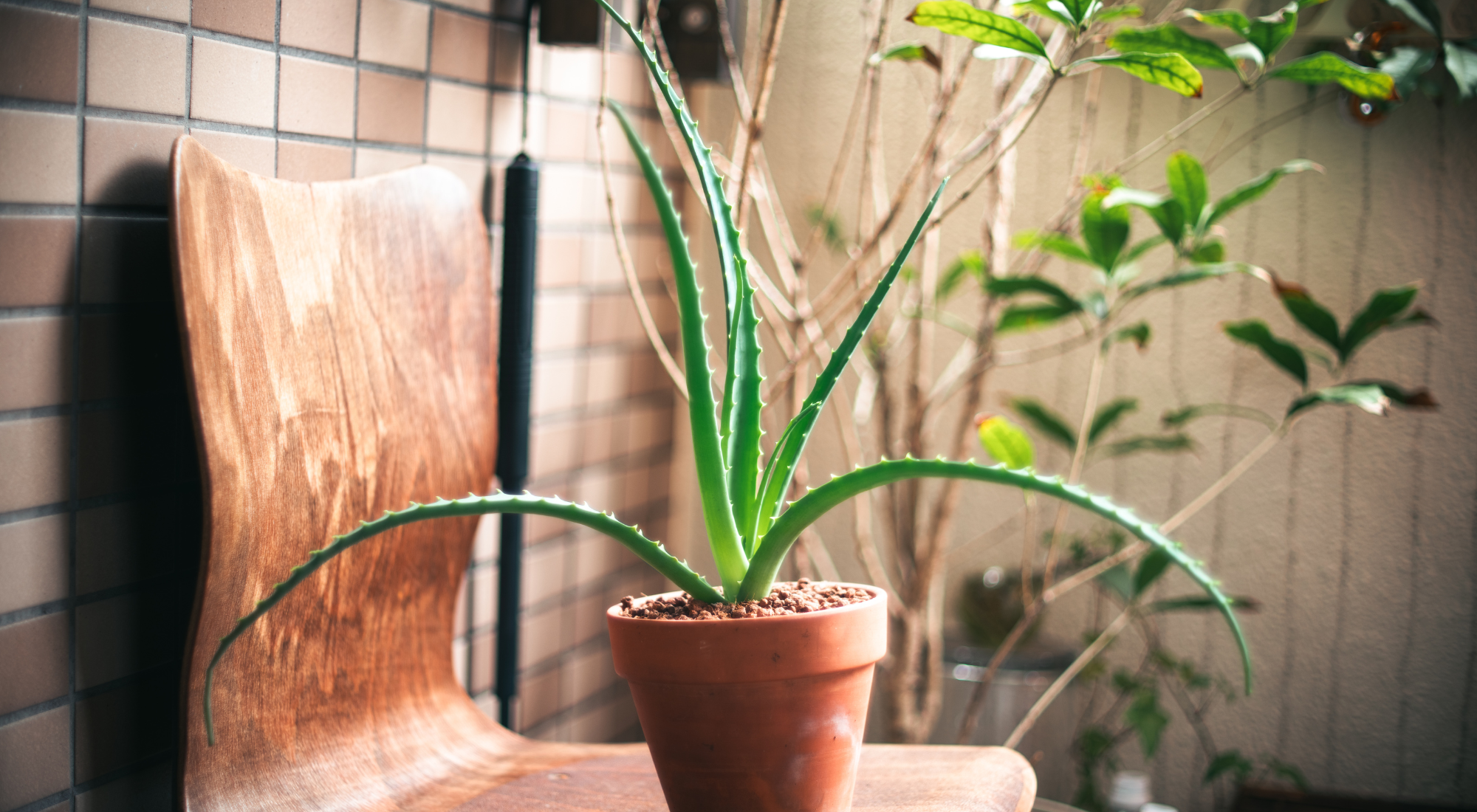Local Storage seems to be disabled in your browser.
For the best experience on our site, be sure to turn on Local Storage in your browser.
5 useful plants for your home

Plants not only beautify our homes but also offer numerous benefits for our health and well-being. Here are five useful plants you should consider having at home, as well as the reasons why they are beneficial, some drawbacks to consider and how to care for them properly.
1. Aloe vera (Aloe barbadensis Miller)
Benefits:
Medicinal properties: Aloe vera gel is famous for its healing properties, including the ability to treat acne and relieve burns, cuts, and insect bites.
Air purification: It helps eliminate toxins such as formaldehyde and benzene from the environment.
Drawback:
Toxicity: Although the gel is beneficial, the yellow sap (aloin) of the plant can be toxic if ingested in large quantities.
Care tips:
Aloe vera needs plenty of indirect sunlight and moderate watering. Make sure the soil dries out completely between waterings to avoid excess moisture. More information on how to care for an Aloe vera plant here.
2. Lavender (Lavandula angustifolia)
Benefits:
Relaxing properties: Lavender's aroma is known to reduce stress and anxiety, promoting a relaxing atmosphere.
Insect repellent: It acts as a natural repellent for mosquitoes and other insects.
Drawback:
Slow growth: Lavender may take time to establish and grow. It is also sensitive to excess moisture in the soil.
Care tips:
Lavender requires direct sunlight and well-drained soil. Water moderately, avoiding waterlogged soil. This plant can be grown in a pot, although it's preferable to plant it in a garden.
3. Mint (Mentha spp.)
Benefits:
Culinary use: Mint leaves are perfect for cooking and preparing refreshing beverages.
Natural air freshener: Mint's fresh aroma can enhance the ambiance of any room.
Drawback:
Invasive growth: Mint can spread rapidly and become invasive, extending to other areas of the garden if not controlled.
Care tips:
Mint thrives in indirect light and requires regular watering to keep the soil moist but not soggy. Consider growing it in pots to control its growth.
4. English ivy (Hedera helix)
Benefits:
Air purification: English ivy is excellent for removing toxins from the air, such as formaldehyde, benzene and trichloroethylene.
Mold reduction: It helps reduce mold levels in the air, which is beneficial for allergy sufferers.
Drawback:
Invasiveness: It can become invasive and challenging to control outdoors, climbing and adhering to walls and other surfaces.
Care tips:
Prefers indirect light and slightly moist soil. Avoid overwatering to prevent root problems. Keep it trimmed to control its growth
.
5. Basil (Ocimum basilicum)
Benefits:
Culinary use: Basil is an essential herb in cooking, perfect for a variety of dishes and sauces.
Antibacterial properties: It has natural antibacterial properties that can help maintain a cleaner environment.
Drawback:
Short lifespan: Basil is an annual plant which means that it will complete its life cycle in one season and will need to be replanted regularly.
Care tips:
Basil needs direct sunlight and regular watering to keep the soil moist. Pinch the flowers to encourage leaf growth.

